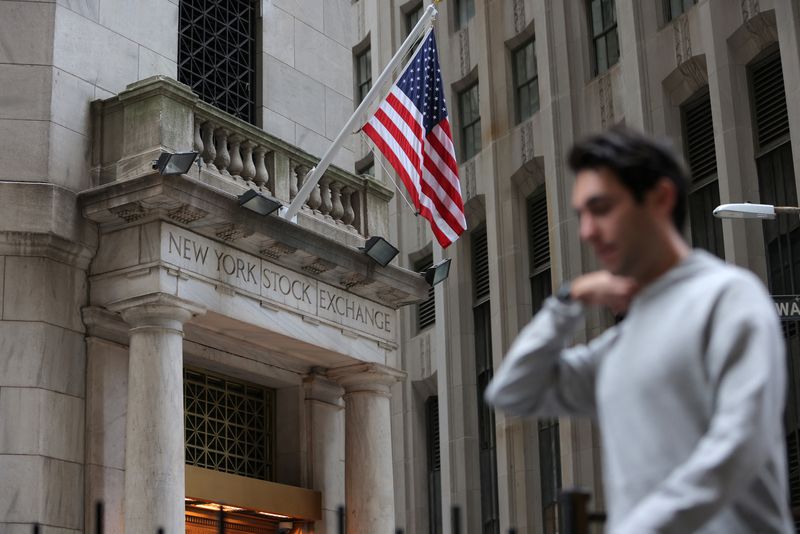JFrog stock rises as Cantor Fitzgerald maintains Overweight rating after strong Q2
Investing.com -- Tariffs are set to create significant cost pressures for the U.S. sportswear, apparel, and accessories sector, but the larger concern for brands is consumer demand, according to Bernstein analysts.
While companies have ways to mitigate rising costs, a slowdown in consumer spending would be much harder to manage.
"Tariffs will deliver a large initial GM headwind, but it can be mitigated through Pricing, Cost-sharing, and Supply shifts," Bernstein notes.
The firm estimates a "200-700 bps of raw GM impact," with brands likely turning to strategies such as price hikes, supplier negotiations, and shifting production to minimize the impact.
Brands with "strong brand heat and higher-income consumers can pull off price raises," while those with deep supply chain relationships "can share the cost through the value chain."
Despite these options, the firm highlights the bigger concern of consumer demand.
"A US recession/stagflation scenario will hurt all discretionary goods names," Bernstein warns.
They believe large brands defending market share, such as "NKE, LULU, PTON," could be particularly exposed, while faster-growing brands with momentum, such as "ONON, ADS," may be better positioned to weather a slowdown.
In this environment, Bernstein suggests favoring companies with strong fundamentals, premium pricing power, and higher-income exposure.
"We would also want to be long higher-income exposed names (e.g. TPR, ONON, TJX (NYSE:TJX)) and avoid those with considerable lower income exposure," the firm notes.
Among the stocks Bernstein highlights are "TJX (high-quality retail growth story, trade-down beneficiary in a recession)," "TPR (strongest pricing power and ability to entirely offset tariffs via pricing, strong brand heat)," and "ONON (premium priced brand with ability to pass on price to mitigate Vietnam exposure, low market share and plenty of growth runway in US market)."
